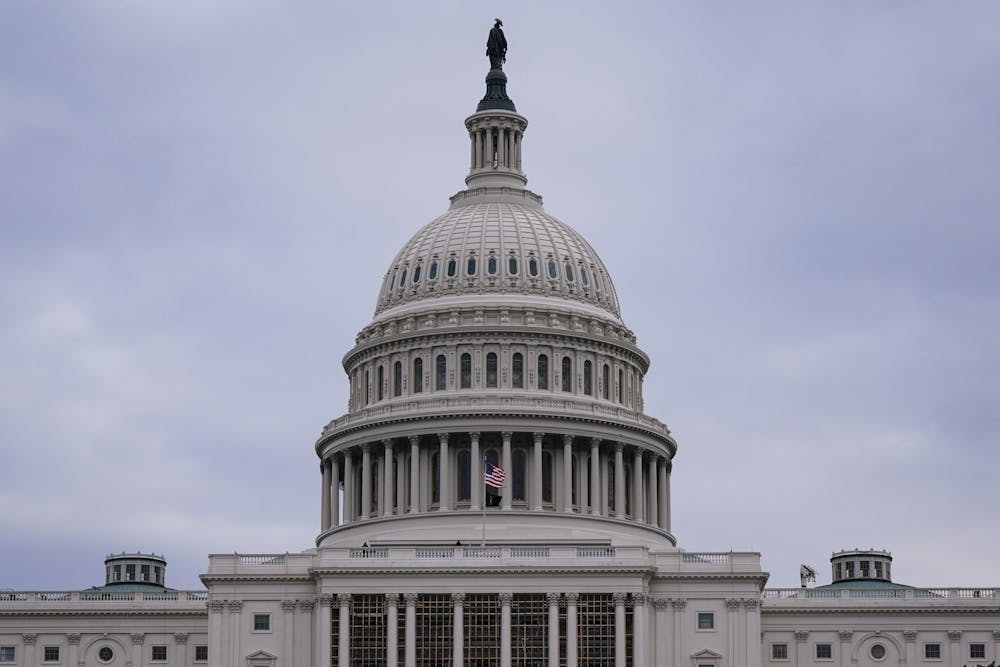
A Penn Wharton Budget Model study found that a new Senate infrastructure plan, which was endorsed by President Joe Biden, will decrease national debt and lead to positive economic growth.
The infrastructure plan proposes investing in transportation, energy, broadband internet expansion, and environmental and disaster-related projects. The PWBM study, which was published on June 30, predicts that the new proposal will decrease national debt by 0.9% and increase economic output by 0.1% in 2050.
On June 24, a bipartisan group of senators and the White House reached an agreement on the $1.2 trillion dollar infrastructure plan, Politico reported. Despite endorsing the bill, Biden stated that he would not sign the plan into law unless Congress Democrats pass his other social spending bills which include provisions for clean energy and child care, such as reduced educational cost and a federal paid parental leave.
Of the $1.2 trillion in the plan, $579 billion is intended to be used as new spending over the next five years. The study writes that the new costs from this plan will be funded by a combination of user fees, “unused” funds, and other tax provisions. The researchers claimed that investments in “public capital," such as infrastructure, improve the productivity of private capital and labor.
PWBM previously analyzed Biden’s first infrastructure plan proposal and found that it would have caused the country’s economic output to decrease by approximately 0.8% in 2050, CNBC reported.
PWBM Senior Economist Jon Huntley told CNBC that the new plan does not include increases to the corporate tax rate, which is why the new plan would increase output over the next 29 years and Biden's original plan would not.
PWBM used this same analysis framework in their previous study of Republican and bipartisan infrastructure proposals earlier in June. It found that the bipartisan plan would increase the national Gross Domestic Product by 0.05% by 2050.
The Daily Pennsylvanian is an independent, student-run newspaper. Please consider making a donation to support the coverage that shapes the University. Your generosity ensures a future of strong journalism at Penn.
Donate




